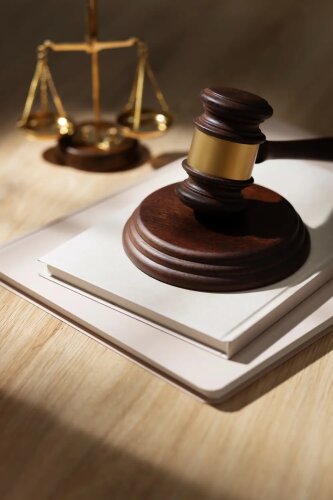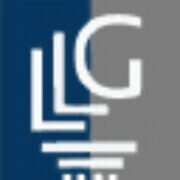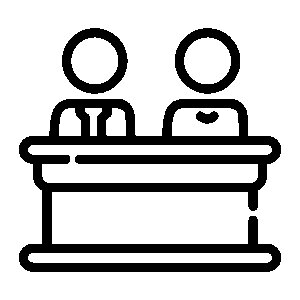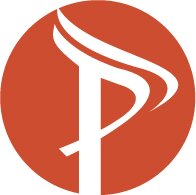Best Ethics and Professional Responsibility Lawyers in Gaborone
Share your needs with us, get contacted by law firms.
Free. Takes 2 min.
List of the best lawyers in Gaborone, Botswana
About Ethics and Professional Responsibility Law in Gaborone, Botswana
In Gaborone, Botswana, the field of Ethics and Professional Responsibility revolves around ensuring that professionals conduct their business and duties with integrity, honesty, and respect for established standards and legal regulations. This area of law is critically important for maintaining public trust in professionals and ensuring that parties engaging in professional services do so with confidence. The field encompasses codes of conduct for various professions, such as law, medicine, accounting, and engineering, among others, ensuring that professionals adhere to ethical standards and operate within legal frameworks.
Why You May Need a Lawyer
Individuals or organizations may require legal help in Ethics and Professional Responsibility in various situations, such as:
- To address accusations of professional misconduct or violations of ethical standards.
- To understand and ensure compliance with professional codes of ethics.
- To defend against allegations of conflict of interest in professional dealings.
- To navigate disciplinary proceedings initiated by professional bodies.
- To draft and review policies related to professional conduct and ethics.
Local Laws Overview
Botswana has a solid legal framework to support and regulate professional conduct. Key aspects relevant to Ethics and Professional Responsibility include:
- The Professional Bodies and Codes of Conduct: Most professions have governing bodies, such as the Law Society of Botswana for legal professionals, which set out specific ethical guidelines and codes of conduct.
- The Disciplinary Processes: Disciplinary measures for professionals are outlined by their respective governing bodies, enforcing adherence to established standards.
- Conflict of Interest Laws: Laws that prevent professionals from engaging in activities that could compromise their independent judgment.
- Anti-Corruption Regulations: Enacted to prevent and combat corruption in professional dealings, important for maintaining fair practice standards.
Frequently Asked Questions
What constitutes professional misconduct in Botswana?
Professional misconduct can refer to any breach of the established codes of conduct set by the professional's governing body, including ethical breaches, fraudulent activities, or gross negligence.
How can I file a complaint against a professional in Gaborone?
Complaints can usually be filed with the relevant professional body overseeing the professional in question. Procedures are often outlined on the respective organization’s website or office.
What is the role of a disciplinary committee?
Disciplinary committees review complaints or concerns about professionals' conduct, conduct hearings, and impose sanctions if necessary to ensure compliance with ethical standards.
Can I represent myself in a disciplinary hearing?
While self-representation is possible, it is often recommended to seek legal counsel experienced in professional responsibility cases to ensure proper defense and presentation of your case.
What are the potential consequences of being found guilty of professional misconduct?
Consequences may include fines, suspension, or revocation of the ability to practice within the profession, depending on the severity of the misconduct.
How does one ensure compliance with ethical standards?
Professionals should familiarize themselves with the specific codes of conduct relevant to their field, engage in continuous professional education, and seek legal advice when in doubt about certain practices.
How are ethical breaches different from legal violations?
Ethical breaches pertain to not adhering to a professional code of ethics, while legal violations break laws enacted by governmental bodies. Both can have severe repercussions.
Where can I find the codes of conduct for a specific profession?
Codes of conduct are typically available on the governing body’s official website for each profession or can be requested directly from their offices.
Do all professionals need to follow these ethical guidelines?
Yes, all professionals under the jurisdiction of a governing body must adhere to the established ethical guidelines and codes of conduct to maintain good standing and their right to practice.
What should I do if I suspect a conflict of interest in my professional dealings?
Consult with a legal professional knowledgeable in professional responsibility to help assess the situation and guide you on the appropriate course of action to resolve the conflict.
Additional Resources
For individuals seeking more information or assistance, the following resources can be helpful:
- The Law Society of Botswana
- Botswana Medical Council
- Botswana Institute of Chartered Accountants
- Botswana Engineering Registration Board
- The Directorate on Corruption and Economic Crime
Next Steps
If you find yourself in need of legal assistance concerning Ethics and Professional Responsibility in Gaborone, consider taking the following steps:
- Identify the Area of Concern: Clearly identify the issue related to professional ethics or responsibility that you are dealing with.
- Gather Relevant Documents: Collect any relevant evidence or documentation that can help support your case or provide additional context.
- Seek Professional Advice: Contact a qualified lawyer specializing in Ethics and Professional Responsibility to discuss your case and obtain legal advice.
- Contact Relevant Bodies: Depending on the situation, you may also need to contact the relevant professional body for guidance or to file a complaint.
- Consider Mediation: In some cases, mediation might offer a constructive way to resolve disputes without formal proceedings.
Lawzana helps you find the best lawyers and law firms in Gaborone through a curated and pre-screened list of qualified legal professionals. Our platform offers rankings and detailed profiles of attorneys and law firms, allowing you to compare based on practice areas, including Ethics and Professional Responsibility, experience, and client feedback.
Each profile includes a description of the firm's areas of practice, client reviews, team members and partners, year of establishment, spoken languages, office locations, contact information, social media presence, and any published articles or resources. Most firms on our platform speak English and are experienced in both local and international legal matters.
Get a quote from top-rated law firms in Gaborone, Botswana — quickly, securely, and without unnecessary hassle.
Disclaimer:
The information provided on this page is for general informational purposes only and does not constitute legal advice. While we strive to ensure the accuracy and relevance of the content, legal information may change over time, and interpretations of the law can vary. You should always consult with a qualified legal professional for advice specific to your situation.
We disclaim all liability for actions taken or not taken based on the content of this page. If you believe any information is incorrect or outdated, please contact us, and we will review and update it where appropriate.




